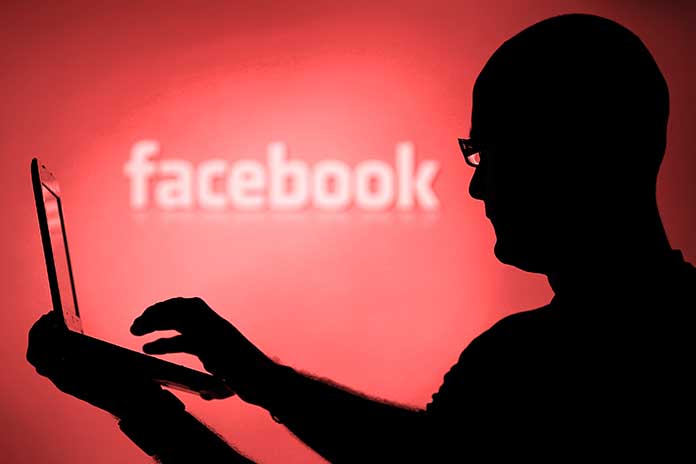Your Facebook account has been hacked, and you are unsure what to do now? We’ll explain it to you.
It is a horrible idea that their own Facebook account has been hacked, strangers have access to all data there, and they could misuse the account. In this case, we will tell you what to do to limit the harm in this article.
Table of Contents
This is how you can tell that your account has been hacked
There are several indications that your Facebook account may have been hacked and taken over by unauthorized persons:
- Has data been changed there without your intervention? In addition to your password, this can also be your email address, date of birth, or Facebook name.
- Does your profile seemingly send out friend requests, likes or private messages on its own, or does it create posts, possibly with dubious content?
- Have payments been made from your Facebook account that you don’t know about?
- In addition to this suspicious activity on your account, there are also services like “Have I Been Pwned?” on which you can check whether your access data has been published.
Account hacked: now you can do this
If you suspect that your Facebook account has been hacked, then you need to act quickly. First of all, you should run a virus scan – on all computers, cell phones, tablets or other devices on which you use Facebook. This is because a Trojan horse may have intercepted your password.
- Change the password immediately: If you can still access your account, change your Facebook password immediately. If you are unlucky, the hackers have already changed your password, and you will no longer be able to access your account. In this case, Facebook can help you regain access to your account. You can report to Facebook on this Facebook website if you suspect that your account has been hacked. You will then have to change your password and check the last login activity.
- Restore email address: If the email address associated with your Facebook account has been changed, you can undo this. In this case, you will receive an email from Facebook to the old address, where you can click on a link to undo the change.
- Check data and settings: Check whether the personal data stored in your Facebook account is correct. If, for example, a third-party email address has been entered, delete it. Also, check your settings on Facebook, especially the privacy and security settings. Also, check whether unauthorized payments have been made through your account. You can report them to Facebook on this website.
- Warn contacts: Let your Facebook contacts know that your account has been hacked. Your friends need to know that posts and private messages that appear to be from you could be fraudulent. For example, hackers can try to access even more user data. If you find posts in your timeline that are not yours, delete them.
- Secure email inbox: The email inbox with which you are registered on Facebook may also have been attacked. If you fear this, follow the steps in this article for your mailbox as well: Change the password if possible, warn your contacts and, if in doubt, contact your mail provider.
- Further security settings on Facebook: Facebook offers you many different options to ensure more Security. You can find this in the settings under “Security and login “. In addition to two-factor authentication, you can also select Facebook friends there, such as sending you an access code if you cannot access your account. You can also see which devices are currently logged into Facebook. You can deregister unknown devices.
Also Read: How To Delete Your Facebook Account (And Keep Your Data)
More Security with two-factor authentication
To make your account more secure in the future and to prevent data leaks, you can set up so-called two-factor authentication for Facebook. This means: If Facebook does not know the device or browser from which someone wants to log into your Facebook account, a two-step login is necessary. To set up two-factor authentication in Facebook, follow these step-by-step instructions or take a look at the quick start guide.
- Step 1: Log in to Facebook and click on the small arrow in the top right. A menu opens. Click on ” Settings and Privacy “. Then select ” Settings “.
- Step 2: Now go to ” Security and Login ” in the bar on the left. Next to Use Two-Step Authentication, click Edit.
- Step 3: You now have three options. An “authentication app” can generate confirmation codes for you, Facebook can send you confirmation codes via “SMS”, or you can use a physical “security key”. Click on the respective option and follow the instructions from Facebook.
Quick guide: two-factor authentication on Facebook
- Sign in to Facebook. Click on the small arrow in the top right to expand the menu.
- In the menu, first, select ” Settings and Privacy ” and then ” Settings “.
- In the bar on the left, go to ” Security and Login ” and then click ” Edit ” next to ” Use two-step authentication “.
- Now select one of the options and follow the instructions from Facebook.


